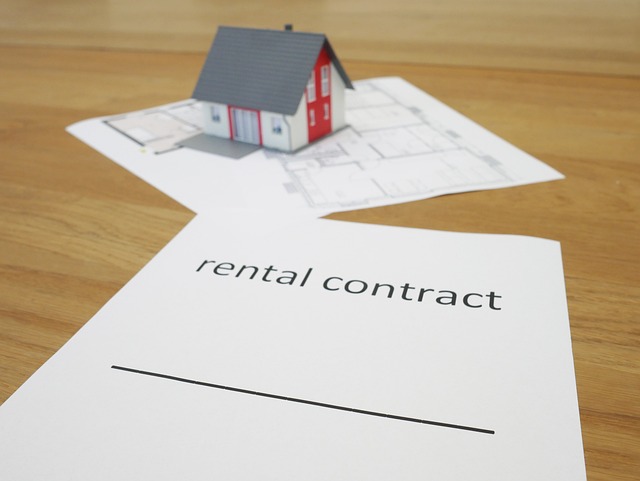Negotiating lease clauses: key items for international renters to verify
Moving to a new country involves many details beyond choosing a flat. International renters should focus on specific lease clauses that affect daily life, legal protections and costs. This brief overview highlights practical points to check and document so tenancy in a foreign city is stable and predictable.

International renters face unique challenges when signing a lease abroad: unfamiliar legal terms, differences in landlord-tenant practice, and practical issues such as utilities and connectivity. Before putting pen to paper, take time to read the full contract and verify items that influence your monthly budget, mobility, and living comfort. Clear clauses reduce disputes and make relocations smoother for expatriates and long-term visitors.
What should I check about rentals and leasing?
Review the leasing period, renewal conditions and any clauses allowing early termination. Confirm whether the agreement is a fixed-term lease or a periodic tenancy and how rent increases are handled. Look for explicit language about who is responsible for agent fees, registration with local authorities, and any government-required tenancy registration. If the contract references local laws or dispute processes, note the exact articles or authorities named so you can seek local legal advice if needed.
How should tenancy responsibilities be clarified?
Tenancy clauses should outline both landlord and tenant obligations: routine inspection rights, notice periods for entry, and responsibilities for structural repairs. Ensure the lease states what constitutes normal wear and tear versus tenant-caused damage. If the landlord retains rights to enter for showings or repairs, the lease should specify notice periods and acceptable times. For expatriates, look for clauses describing documentation required if your visa status changes and how tenancy ties to residency permits or local registrations.
Who pays utilities and energy bills?
A clear utilities clause reduces monthly surprises. Identify which utilities are included in the rent (water, electricity, cooling/heating, gas) and which are billed separately. In climates with high cooling demands, energy costs can be significant; confirm whether the building uses centralized cooling billed via a management company or individual meters. Ask how meter readings are handled, the billing cycles, and whether deposits or guarantees are needed. Keep copies of meter readings at move-in and move-out to prevent disputes.
What to verify about neighborhoods and commute?
Lease clauses rarely change neighborhood realities, but they can affect commute and lifestyle. Check for clauses about parking rights, visitor parking, or restrictions on vehicle storage if you rely on a car. If the apartment is in a managed building, confirm access hours for facilities and any transportation connections referenced in the contract (shuttles, security checkpoints). For international renters, confirm proximity to local services like medical centers, schools, and grocery delivery options that operate in your area.
How to handle maintenance and connectivity?
Maintenance clauses should define response times for repairs and which party pays for replacements vs. repairs. Ask whether the landlord uses a property manager and how to report issues—email, portal, or phone—and request an SLA for urgent problems (e.g., plumbing or electrical failures). Connectivity is essential: ensure the lease allows third-party internet or telecom installation, and check whether the building has restrictions on satellite dishes or external wiring. Clarify who bears costs for modem or router replacement and any existing service contracts.
What to understand about deposits, pets and expatriate considerations?
Deposit terms must be explicit: amount, permitted deductions, interest treatment (if applicable), and the timeline for return after tenancy ends. Document the apartment’s condition with dated photos and a signed inventory to protect your deposit. If you have pets, confirm any pet clauses covering allowed species, weight limits, additional deposits, or cleaning fees. For expatriate renters, verify clauses about subletting during extended travel, conditions tied to visa changes, and whether letters for residency or tenancy confirmation will be provided when required by local authorities.
Conclusion Careful review and negotiation of lease clauses help international renters avoid common pitfalls related to utilities, maintenance, deposits, and tenancy obligations. Request written amendments to any ambiguous points, keep detailed move-in documentation and maintain clear communication channels with the landlord or property manager. These steps create a more predictable living arrangement while you settle into a new city.





